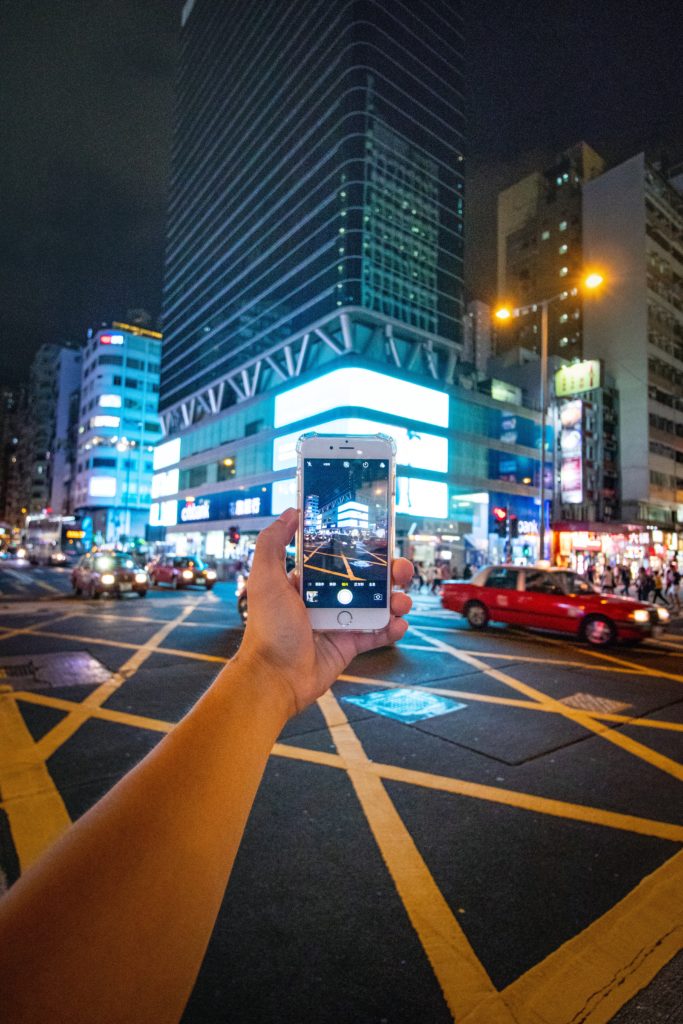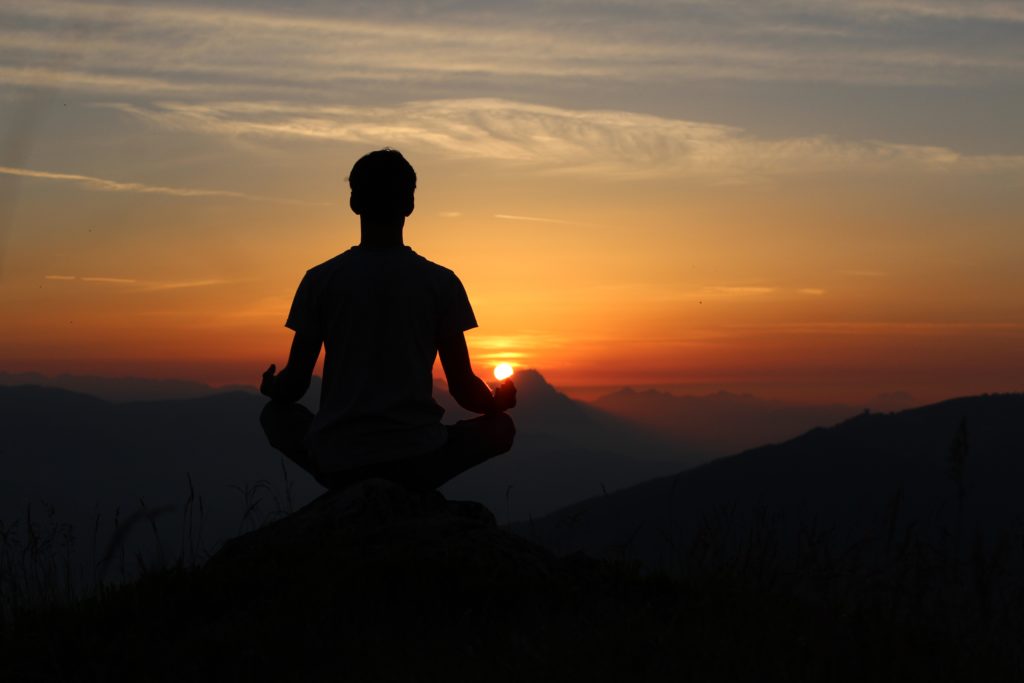Sleep: Sleep is when our body can turn off and focus on internal processes of growth and recovery. Research suggests that athletes may have a harder time falling asleep and also do not get as high quality of sleep as non-athletes. In particular, athletes take longer to fall asleep once in bed, termed sleep latency, and also do not get as much deep sleep, or ‘slow-wave-sleep.’ One potential explanation is that competitive sports induce a sympathetic ‘fight or flight’ dominant hormonal state in the body. In this state, adrenaline and noradrenaline are secreted into the bloodstream where they cause an increase in heart rate, blood pressure, sweating, and blood flow to our exercising muscles. While this hormonal state is exactly what athletes need to sprint a 400m race, play four quarters of a grueling football game, or to knock their opponent out in a UFC cage fight, this state is not conducive for healthy sleep. The inability for athletes to turn off their sympathetic “fight or flight system” and allow the parasympathetic “rest and digest” system to take over is one of the main reasons athletes have trouble sleeping at night. Here are some suggestions on how top athletes can improve sleep hygiene and radically improve performance.
1. Avoid Blue Light

Limiting social media use and blue light emitting screen time 60 to 90 minutes before bed is the first step towards healthier sleep. Blue light can stimulate the frontal lobe of the brain, which among other functions, serves to help humans with complex problem solving. We all know the feeling of lying in bed at night trying to fall asleep while our brain continues to work out issues from the previous day. Additionally, excessive blue light exposure in the evening can disrupt the body’s natural sleep wake cycle, which is known as Circadian rhythm. The Circadian rhythm is directly influenced by light exposure on the eyes, and is important for regulating sleep, appetite, and hormonal release. When the Circadian rhythm is disrupted by excessive artificial light in the evening, the body’s natural release of our ‘sleep’ hormone, melatonin, is decreased. On the flip side, getting as much sunlight exposure during the day can increase the release of our ‘awake’ hormone, cortisol. If cortisol release in the morning and early afternoon is not adequate due to lack of sunlight, cortisol will be released in the evening, causing a host of health problems extending much further than poor sleep.
Expose yourself to as much natural sunlight during the day as possible, then turn off your phone, television, and artificial light in your homes to quiet your brain before bed.
2. Skip Your Afternoon Cup of Coffee
The half-life of caffeine is around 5 to 8 hours depending on the rate at which your body metabolizes caffeine in addition to your individual sensitivity to caffeine. This means that if you consume a standard cup of black coffee at 4pm with 100 mg of caffeine, 50 mg of caffeine will be circulating in your bloodstream when you go to bed at 9 or 10 pm. As you can imagine, caffeine circulating in your bloodstream will negatively affect your ability to fall asleep and stay asleep. Shawn Stevenson, author of Sleep Smarter, suggests setting a ‘caffeine curfew’ for yourself. Ideally, your caffeine curfew will be around 12:00 pm to ensure that most of the caffeine has metabolized out of your bloodstream by the time you are winding down for bed. Foods such as dark chocolate, breakfast cereals, and pudding all contain caffeine so should be avoided after your curfew. Common headache medications such as Excedrin and Bayer also contain caffeine and use should be limited after your curfew. Finally, females should be aware that common PMS medications contain caffeine, since the diuretic effects of caffeine help decrease bloating.

3. Meditation
For some, meditation before bed can help improve sleep quality. Taking just 10 minutes before bed to perform a guided meditation is an excellent way to induce a sense of relaxation in the body through the use of breathing techniques and focusing on body awareness. Performing deep, slow breaths through the nose induces a state of relaxation in the body which is conducive for healthy sleep. Popular apps include Calm, Headspace, and Waking Up.
4. Read
Another excellent option to improve sleep is to read before bed. Reading before bed is the best way to turn the brain off and relax the mind from the events of the day. However, while reading self-help novels or books related to your job or career are important, they seem to keep the brain in problem solving mode and are not helpful for falling asleep, so stick to fictional or other genres that will help you decompress.
Want to learn more? Check out Sleep Smarter by Shawn Stevenson. Many of the ideas mentioned above draw on methods from this book.
Post Written by Dr. Riley Kulm, DC. Check out Dr. Riley Kulm’s bio here.


